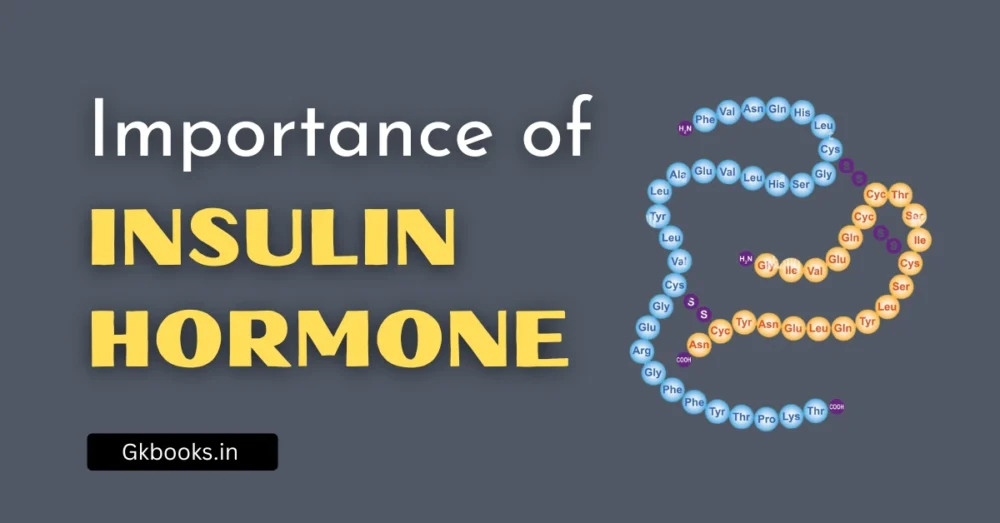Gastric juice is a digestive fluid secreted by the stomach that plays a key role in breaking down food. It contains special chemicals and enzymes that help us digest proteins and kill harmful microbes. Understanding its composition is important for both science lovers and exam aspirants.
Let’s break it down into simple parts!
What is Gastric Juice?
◾ Gastric juice is a clear, acidic fluid secreted by the glands of the stomach lining.
◾ It helps in the digestion of food, especially proteins.
◾ It also protects the body by killing harmful bacteria in the food we eat.
Who Produces Gastric Juice?
◾ Gastric juice is secreted by gastric glands found in the walls of the stomach.
◾ These glands have three main types of cells:
- Parietal cells – make Hydrochloric acid (HCl)
- Chief cells – make digestive enzymes like pepsinogen
- Mucous cells – make mucus to protect the stomach lining
Main Components of Gastric Juice
| Component | Type | Function |
|---|---|---|
| Hydrochloric Acid (HCl) | Acid | Makes the stomach acidic, kills microbes, and activates enzymes |
| Pepsinogen | Enzyme precursor | Turns into Pepsin, which digests proteins |
| Pepsin | Enzyme | Breaks proteins into smaller pieces |
| Mucus | Protective substance | Forms a coating on the stomach wall to prevent damage by acid |
| Intrinsic Factor | Protein | Helps in Vitamin B12 absorption |
| Rennin (in infants) | Enzyme | Helps in digesting milk proteins like casein (mainly in babies) |
| Water | Liquid | Helps dissolve food and mix all digestive juices |
| Electrolytes | Minerals (like Na⁺, K⁺, Cl⁻) | Maintain the balance of body fluids |
Roles of Major Components
🔬 Hydrochloric Acid (HCl)
🔹 Makes the stomach environment very acidic (pH 1.5–3.5)
🔹 Kills bacteria and harmful organisms in food
🔹 Activates pepsinogen → turns it into active pepsin
🧪 Pepsinogen → Pepsin
🔹 Pepsinogen is inactive
🔹 When it meets HCl, it becomes Pepsin
🔹 Pepsin breaks down proteins into smaller molecules
🛡️ Mucus
🔹 Forms a thick, slimy coating inside the stomach
🔹 Protects the stomach walls from acid damage and ulcers
💊 Intrinsic Factor
🔹 Binds with Vitamin B12
🔹 Helps in its absorption in the small intestine
🔹 Lack of intrinsic factor can lead to pernicious anemia
Interesting Fact for Exams!
🧠 Question: What is the main enzyme in gastric juice that digests proteins?
Answer: Pepsin
🧠 Question: Which acid is present in gastric juice?
Answer: Hydrochloric Acid (HCl)
🧠 Question: What protects the stomach from its own acid?
Answer: Mucus
Why Gastric Juice Is Important?
◾ Helps in breaking down food, especially proteins
◾ Kills harmful bacteria and protects us
◾ Prepares food for further digestion in the small intestine
Key Takeaways for Quick Revision
- 🔺 Gastric juice is a mix of acid, enzymes, mucus, and water
- 🔺 Main components: HCl, Pepsinogen, Pepsin, Mucus, Intrinsic Factor
- 🔺 It is secreted by gastric glands in the stomach lining
- 🔺 Plays an important role in protein digestion and microbial defense
Mnemonic to Remember Components of Gastric Juice
🧠 “Happy People Must Ingest Right Water & Electrolytes”
- H → Hydrochloric Acid
- P → Pepsinogen / Pepsin
- M → Mucus
- I → Intrinsic Factor
- R → Rennin (in infants)
- W → Water
- E → Electrolytes
Exam Tips
✅ Always remember Pepsin digests proteins – commonly asked!
✅ Gastric juice is acidic due to HCl
✅ Mucus protects the stomach – very important for MCQs
✅ Intrinsic factor helps in Vitamin B12 absorption – UPSC favorite!
Final Words
Learning about gastric juice not only helps you understand digestion but also boosts your preparation for science-based questions in competitive exams. Whether it’s SSC, RRB NTPC, UPSC, or any State PSC, this topic is a common pick!
Stay focused, revise regularly, and keep learning in small chunks. Your hard work will pay off!
If you want more such easy-to-understand science topics, stay tuned and bookmark this blog!
To stay updated with the latest GK and Current Affairs infographics, follow our official Instagram and Facebook page and prepare for exams easily.
Explore More on Biology
Heart Chambers: Anatomy, Functions, Diagram & Exam-Focused Notes
Vitamin Deficiency Diseases – Causes, Symptoms, Sources & Exam-Focused Notes
Function of the Stomach in the Human Body: Key Roles, Mechanisms & Importance





